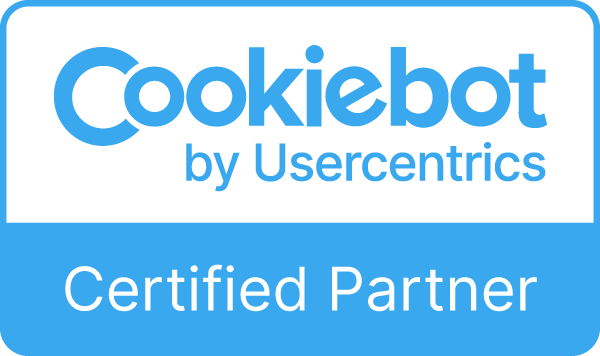Become the Clear Choice
in AI Fueled Search
Stand out as a trusted source to search engines & AI tools.
Getting Outshined in AI-Powered Search?
Ranking alone won’t win. Competitors use schema to feed search engines and AI, earning rich results, like star ratings, FAQs, and event listings that inspire trust. Without it, your presence looks plain and incomplete, and B2B buyers move on. Schema SEO makes your authority undeniable.
Turn Schema Markup Into Your Competitive Advantage
Schema acts as a translator between your business and AI-powered search. Instead of relying on keywords alone, it structures your data into a story of expertise, making your brand the clear choice in a crowded marketplace.
Future-Proof Your Brand For AI-Driven Search
Search is evolving fast. AI-powered engines and tools don’t just scan keywords. They evaluate context, relationships, and authority to deliver direct answers. Without a clear structure, your brand risks being overlooked, misinterpreted, or excluded altogether.
Schema markup is the bridge. Think of it as a cheat sheet for AI, spelling out exactly who you are, what you do, and why you’re a trusted authority in your field.
With Schema, you control how your brand shows up online. You’re not just visible, you’re recognized as a reliable source that B2B buyers trust when making decisions.
Schema SEO Delivers B2B Success
After implementing a targeted Schema SEO strategy, a B2B client achieved an 89% increase in organic impressions and a 59% lift in click-through rates, proof of how structured data can turn visibility into real growth.
By marking up your most important pages, services, case studies, and team bios you create a clear, data-driven connection between your expertise and your buyers’ needs. The result isn’t just more traffic it’s the right audience: decision-makers who recognize your authority and are ready to engage.
Partner With a Data-Driven SEO Agency
Want to stand out in B2B online searches? We’re SEO experts who use schema marketing to make search engines understand your business better so you connect with the right people who want what you offer. When you partner with us, we use data to drive results.
Testimonials
Frequently Asked
Questions
How does Google decide who gets a knowledge panel?
When your company gains enough authority, the panel will appear for queries related to your brand. Wikipedia is one example of an authoritative site which Google gets information from. You can link your pages to appropriate Wiki pages using the SameAs tag through schema. If your Google knowledge panel is still not showing, a schema marketing strategy combined with other marketing techniques is one way to go.
How do I add a schema to my local business?
Local business schema markup uses JSON-LD code using any schema markup builder like SchemaApp. If you have a physical address, you can use the LocalBusiness tag but for eCommerce businesses and brands, using the Organization tag is a better option. There are even subtypes to the Organization tag, from Airlines to Medical Organizations and Corporations.
Is schema important for SEO?
Yes, schema is essential for SEO since it helps the search engine get more information about your website. When web crawlers understand the context and category of your pages, the search engine can display them on search results in the form of FAQs, knowledge panels, and other rich snippets.
What are rich snippets & how do you get it?
There are many types of rich snippets such as paragraphs, tables, lists, and videos. Also called “rich cards,” these listings above other organic results and achieve high click-through rates. Google acquires this information by extracting structured data markup (also called schema) from your website. It analyzes this data to generate relevant rich snippets, like recipe or review snippets, which are displayed in the search engine results pages.

What’s your biggest marketing challenge right now?
Get real-world consulting without a high-pressure sales pitch.
A One-Time Investment in Your Authority
Our Schema SEO service is a one-time project to build a deep, comprehensive layer of authority for your brand. The investment is based on the size and complexity of your website and services.
One-time Schema SEO projects start at $2,000.
Get your custom schema strategy and a detailed quote.
Ready To Stand Out As An Industry Leader?
Start with a clear plan.
A Schema markup strategy differentiates your brand, builds deeper trust with search engines and AI tools, and wins you the clicks that turn into qualified buyers.










